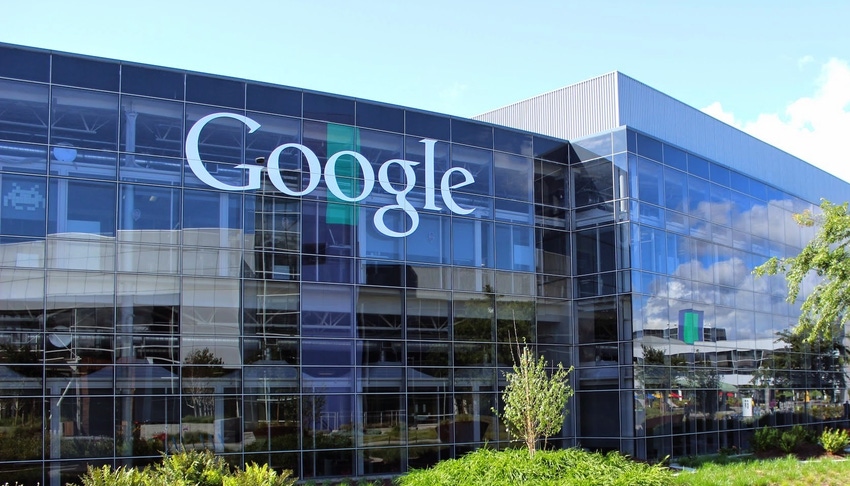Google has entered into a definitive agreement to acquire Webpass to boost its Google Fiber business unit and add to its wireless broadband ambitions.
June 23, 2016

Google has entered into a definitive agreement to acquire Webpass to boost its Google Fiber business unit and add to its wireless broadband ambitions.
The acquisition builds on an area of innovation which the Google Fiber team have been investigating. Webpass has paired its fiber network with wireless technology, an idea which the Google team have been testing in Kansas City earlier this year. Back in April, Google was given approval to test its 3.5 GHz wireless broadband capabilities using antennas on light poles and various other structures, in and around the Kansas City area. The FCC commented the innovation could create a new flavour of wifi or even an LTE Unlicensed band.
Webpass was founded in 2003, and claims to have customers in the “tens of thousands”, though these are primarily apartment blocks and business users, two demographics which are likely to be of interest to Google. Webpass has focused its sights on business users in recent months, providing services in the range of 100 megabits per second to one gigabit per second, and also operates in two markets Google Fiber which has no exposure; Miami and Boston.
“Google Fiber’s resources will enable Webpass to grow faster and reach many more customers than we could as a standalone company,” said Charles Barr, President at Webpass. “I’m very much looking forward to this next chapter for Webpass, and let me take this opportunity to once again say thank you to all of our loyal customers. We are thrilled to be on this journey together.”
While the deal is still subject to the customary approval process from regulators, it is the first acquisition for the Google Fiber business, indicating the company’s intensions in the arena. The Google Fiber business has been growing at a healthy rate in the last 18 months, though the addition of Webpass will give the company traction in five significant markets in the US, including major cities such as San Francisco, San Diego, Miami, Chicago, and Boston.
About the Author(s)
You May Also Like







.png?width=300&auto=webp&quality=80&disable=upscale)

.png?width=300&auto=webp&quality=80&disable=upscale)
_1.jpg?width=300&auto=webp&quality=80&disable=upscale)



.png?width=800&auto=webp&quality=80&disable=upscale)